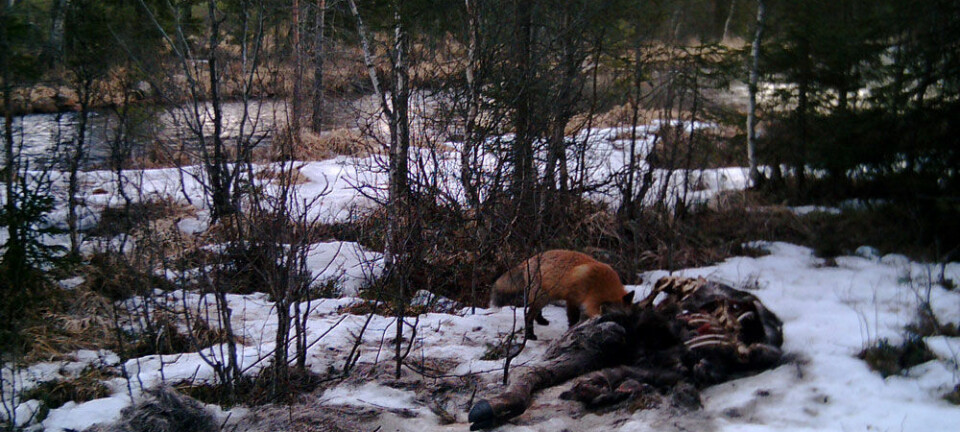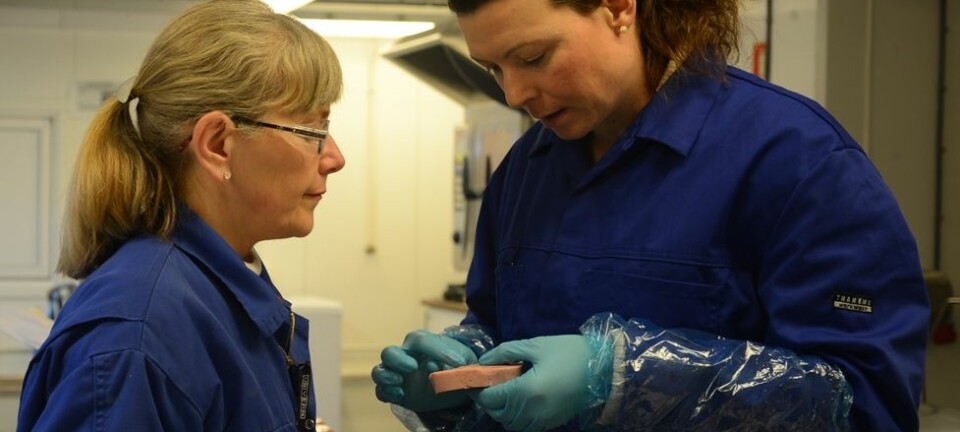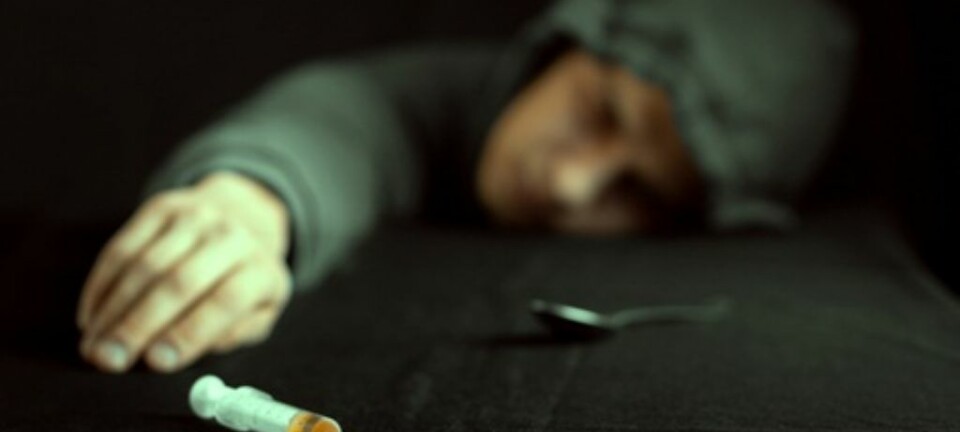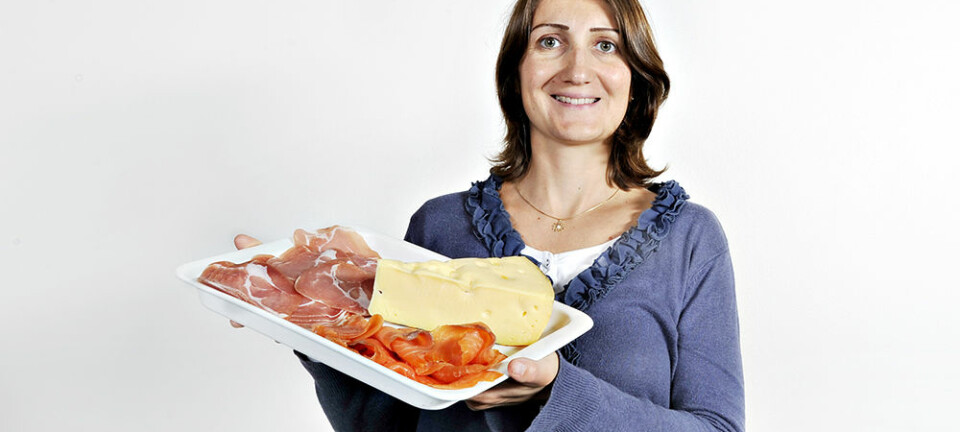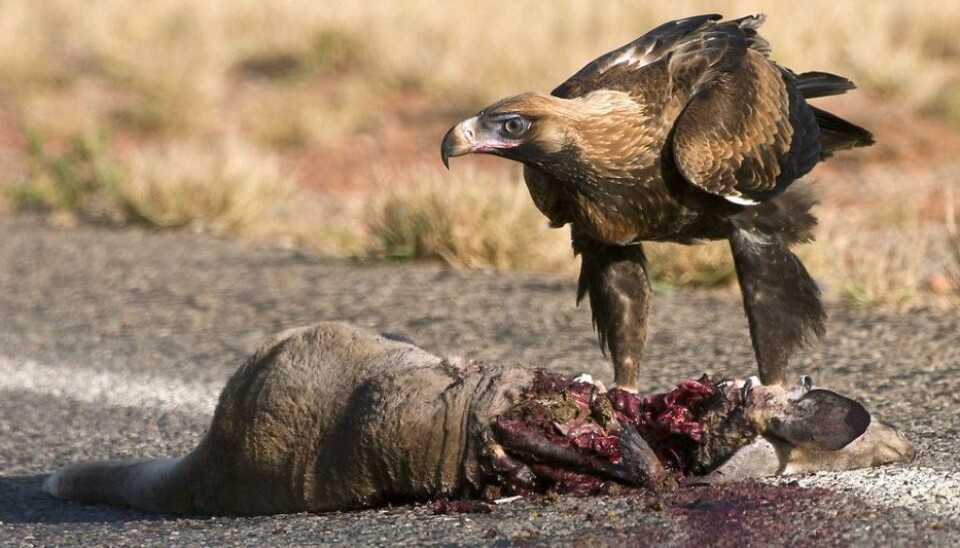
Could we eat like scavengers?
Dogs eat all kinds of nasty things, and vultures eat carcasses that are long dead. Could we eat rotten food if we heat treated it beforehand?
A curious reader sent in the following question:
“Can all water be drunk if it is boiled long enough? Can I drink muddy water that has animal carcasses in it just by boiling it long enough? And can all foods be eaten as long as they are boiled or cooked long enough? Could I eat a rotten carcass if it is cooked long enough?"
The short answer is no. But why not?
Bacteria and spores
First and foremost: why do we heat our food and drinks?
One answer is obviously taste, but from a hygiene perspective, we have to be careful of fungi, parasites and especially bacteria. Even if we mostly live in harmony with many of these critters, there are some insidious bacteria it pays to get rid of.

“Most normal bacteria can be killed by pasteurization, which is heating water or food to about 70 degrees C for 20 seconds,” Askild Holck responded in an email to forskning.no. Holck is a senior researcher at the Food Research Institute, Nofima.
But those twenty seconds are not enough to remove all potential threats. Some bacteria form spores, a dormant cell that can develop into a bacterium again given the right conditions. Spores are much tougher, and require stronger firepower to get rid of them.
“To make sure that all spores are killed, food must be heated at 120 degrees for about 20 minutes in a pressure cooker,” Holck says.
This is the method used in canning food to kill bacteria that cause botulism, which can cause serious poisoning.
Can withstand heat
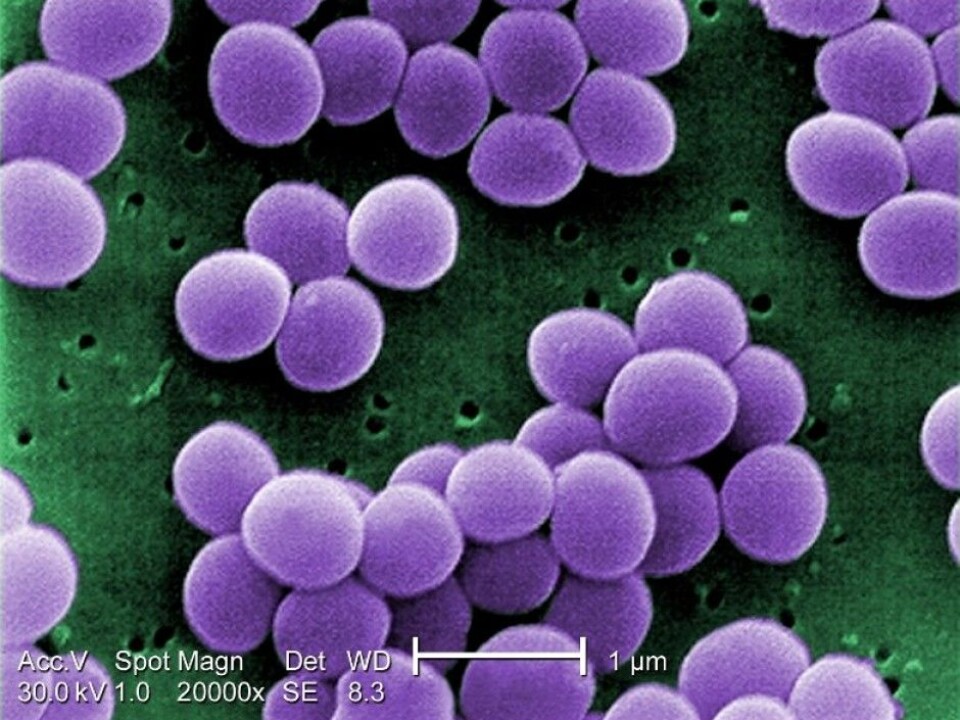
So once you get rid of dangerous bacteria, what is it that stops us serving our guests BBQ marinated, slow-cooked carcasses?
Even though heat may kill bacteria, these tiny organisms most likely have already left a poisonous gift for whoever would roast a big hunk of dead, rotten animal. The poison results from the bacterial decomposition of the carcass, which begins shortly after the animal dies.
“Some bacteria produce toxins in food. Staphylococcus aureus, for example, is a bacterium that is killed by heat treatment. But poisons that have been created in the animal before it was killed are heat stable and cause food poisoning even though the bacterium is dead,” says Holck.
Risks of roadkill
These toxins can cause diarrhoea, vomiting and at worst, botulism. The consequences of such poisoning can be paralysis or even death.
Wenche Fonahn, chief engineer at the Norwegian Institute for Public Health agrees, but adds that there are many other things you should think about when you find a corpse by the roadside.
“A dead animal in the wild may have died as a result of an infectious disease and can be expected to have large amounts of bacteria and toxins in the gut,” she wrote in an email to forskning.no.
In other words: The risk of food poisoning does not disappear forever even if you bake, fry, steam, microwave or boil the food.
——————————————————-
Read the Norwegian version of this article at forskning.no








